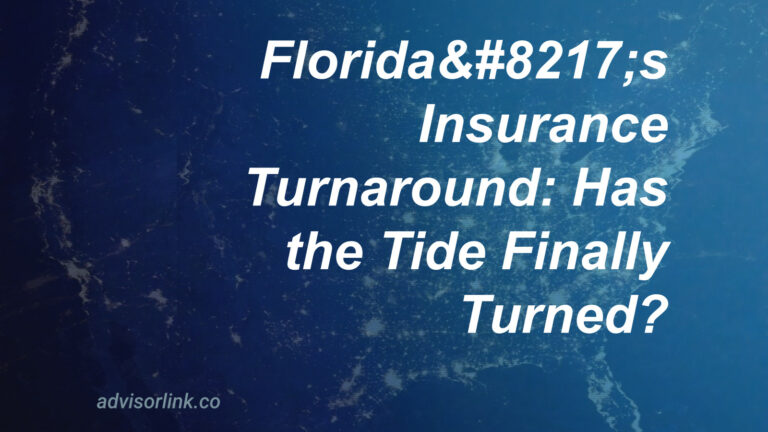Is Maine a beacon of hope amidst a climate crisis?
Folks, let’s talk home insurance. It’s a subject that can set your teeth on edge, especially these days. The headlines scream of rising premiums, of companies pulling back, of a nation weathering a storm of climate-related disasters. But in this swirling vortex, there’s a state, a place that seems to have found a measure of calm: Maine. And the story, as they say, is worth telling.
Is Maine truly experiencing home insurance stability?
Yes, according to a report by Insurify, a name we’ve come to trust in the industry. While much of the country grapples with escalating costs, Maine is showing a remarkable degree of stability. It’s a remarkable contrast, a story of geographic advantage, and a sign of what might be.
What does the Home Insurance Climate Stability Index tell us?
The folks at Insurify have a Home Insurance Climate Stability Index, and Maine, I tell you, scored a perfect 100. One hundred! That number reflects a lower risk of major disasters. The folks in Augusta are likely sleeping a little sounder at night, knowing they’re not battling the same kind of devastation seen elsewhere.
How does Maine compare nationally?
Let’s face the numbers, straight on. While the national average for those premiums, that price of protection, has risen by roughly 9%, Maine saw its rates *decrease* by 4% between 2023 and 2024. The average annual premium in Maine? About $1,266. The national average? A hefty $2,584. The difference, my friends, is stark.
Is geography playing a role?
You betcha. Maine’s location, up there in the northeast, is a significant factor. It’s shielded from the worst of the tropical cyclones that batter warmer states. It’s less susceptible to wildfires, those raging infernos that have become, sadly, all too common. It’s a geographical blessing, plain and simple. Those natural barriers are proving to be more than just scenic vistas; they’re insurance policies in themselves.
What about future risks?
Now, don’t you go thinking this is a guaranteed, forever thing. While today looks bright, we must keep our eyes on tomorrow. Insurers, the companies that take on the risk, often adjust their premiums after a disaster, to cover their exposure. So, even in Maine, we must remain vigilant. We must be ready to face what comes our way.
What can we learn from New England?
The story does not stop with the Pine Tree State, it’s a regional story. Other New England states also show relative stability. The entire region is facing the same challenges and sharing the same advantages, though none quite match Maine’s good fortune. So, the neighborly states are all facing the storm together.
What are some common misconceptions about insurance?
Now, listen closely, because there are some misunderstandings that often get in the way. It’s not always the case that all policies are alike; read the fine print. Climate change matters, and ignoring it can be costly. Always review your policy, and don’t be shy about asking questions. A little knowledge can go a long way.
Well, folks, there you have it. A glimpse of sunshine in a cloudy sky. Maine, a state of geographical advantage, is a powerful lesson. A lesson in the importance of protection, the significance of location, and a reminder that even in the face of climate change, there’s always a story to be told. And that, my friends, is the truth of it.
Disclaimer: General Information & Accuracy
This blog provides general information and discussions about insurance and related subjects for informational purposes only. It is not intended as professional advice, including but not limited to financial, legal, or medical advice. We strive for accuracy, but laws, regulations, information, and best practices constantly evolve, and unintentional errors can occur. Therefore, we make no warranties about the completeness, accuracy, reliability, or suitability of the blog content. Always consult with a qualified professional for advice tailored to your specific situation. Any reliance you place on this information is strictly at your own risk.




